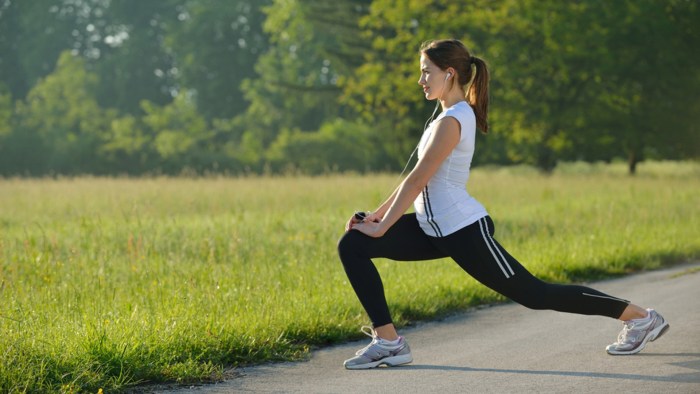Have you ever let yourself down? Maybe you didn’t reach a goal, or you fell short of your own expectations. Many times, what prevents us from following through is a shortage of our own self-discipline. Having the power to control your actions, your mind, and your habits is powerful, but not always easy to achieve. The good news is, any kind of self-discipline is a habit, and just like any habit, repetition and feedback are key. Better self-control and self-discipline is possible to have in your life, the key is learning through physical-discipline.

Big Picture Goals
Sometimes big picture goals can get lost in day-to-day life. When you don’t have any immediate feedback, you may not even realize that your self-discipline is slipping. Physical exercise is a great way to build momentum toward overall self-discipline because you see an immediate result while building a healthy and productive habit.
For example, studies have shown that people who exercise regularly are more likely to make healthier dietary choices. Researchers call this the “transfer effect”. When we make one healthy decision (exercising) we automatically start looking for ways to improve other areas of our health (diet). This is a great example because diet is usually something people associate with willpower, which is just another word for self-discipline. It can be tough to see or feel immediate effects from changes in our diet. However, if you went to the gym today you have put in a certain amount of time and energy toward being more fit. Your brain has already made the decision to do something healthy and gotten a result, so following that up with better food choices becomes easier.
Seeing Rewards
Exercise also teaches us how to manage our emotions. It’s common knowledge that success comes from regular effort, not from just working when you feel like it. Exercise is positively correlated with emotional stability and self-control. When we exercise we observe a cause and effect from the effort we put in (workouts) and the result we get out (better appearance, more energy, lower risk of disease, etc). It trains the brain to understand that the discipline brings a reward, and that doing something that may be temporarily uncomfortable like a sprint will leave you feeling better in the long term.
Healthy amounts of physical exercise provide an opportunity for self-control that can have a domino effect into other areas of our lives. This is particularly true for adolescents who may feel that they do not have control in many aspects of their lives. This is why many teen centers focus on fitness skills and exercise as part of their programs. By learning that a healthy habit can yield results and self-satisfaction, it makes it easier for us to start picking up other healthy, productive habits that pave the way for greater self-discipline.
Eileen O'Shanassy is a freelance writer and blogger based out of Flagstaff, AZ. She writes on a variety of topics and loves to research and write. She enjoys baking, biking, and kayaking. Check out her Twitter @eileenoshanassy.
Post new comment
Please Register or Login to post new comment.